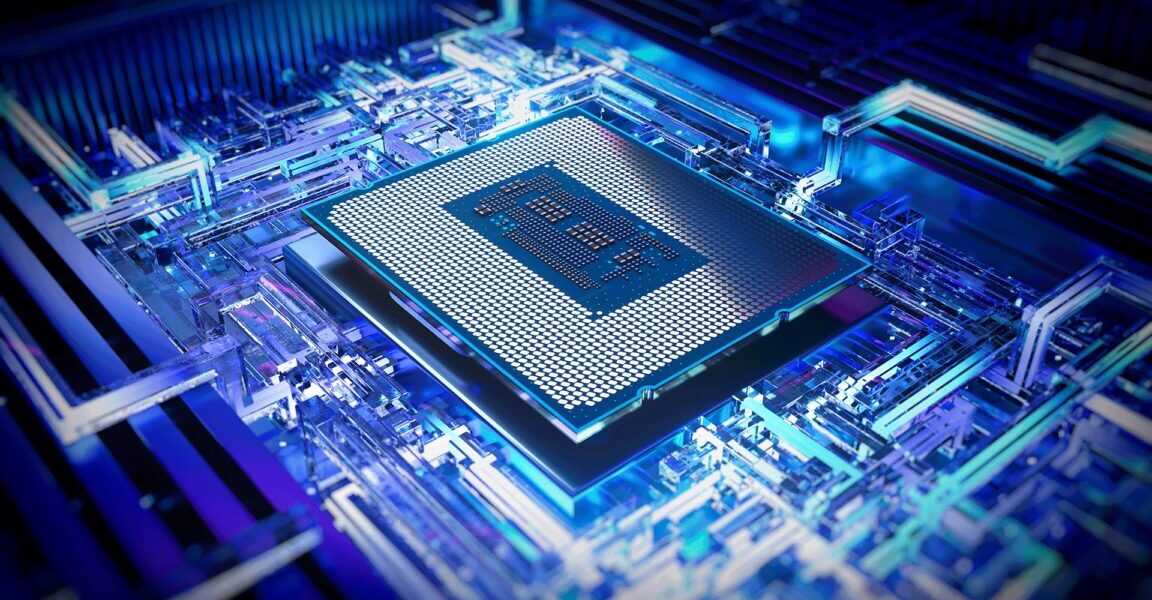Man sick of crashes sues Intel for allegedly hiding CPU defects
“Had Intel disclosed the defect, including through advertising, press releases, the Product packaging, or the initial setup process, Plaintiff and class members would not have purchased a Product, or would have paid substantially less for it,” Vanvalkenburgh’s complaint said.
According to Tom’s Hardware, “Intel’s 13th Generation Raptor Lake processors have a return rate four times higher than that of the previous generation,” and “14th Generation Raptor Lake Refresh chips also have return rates thrice as high as the 12th Generation Alder Lake processors.” But instead of alerting the public to the defects, Vanvalkenburgh’s complaint alleged, Intel continued touting the processors as providing the ultimate desktop experience for serious gamers and people with “the most demanding of multitasking workloads” seeking speed, efficiency, and reliability.
Vanvalkenburgh alleged that Intel misled customers because Intel wanted to protect its brand and seek unjust enrichment. According to his complaint, Intel knows “consumers are willing to pay more for a reliable processor that runs stably, without failing or crashing frequently.” By failing to alert customers to known defects, Intel’s alleged deceptions increased demand for its CPUs, spiking sales into the millions, while its customers paid hundreds for processors and allegedly “sustained an economic injury.”
“Reasonable consumers do not expect that the Products will crash and fail at high rates, or that running the Products will damage the Products themselves,” Vanvalkenburgh’s complaint said, noting that a patch Intel later provided failed to fix the issue.
Vanvalkenburgh is hoping a jury will agree that Intel deceived customers and order an injunction preventing any future misconduct like misleading advertising or failure to disclose defective products.
If the class action is certified, Intel could owe extensive damages, potentially paying hundreds of millions in a loss. Because Vanvalkenburgh alleged that “Intel’s fraudulent concealment was malicious, oppressive, deliberate, intended to defraud” him, he’s seeking “an assessment of punitive damages in an amount sufficient to deter such conduct.” That’s on top of requests for maximum statutory damages for allegedly unfair and deceptive practices and disgorgement for alleged unjust enrichment.




